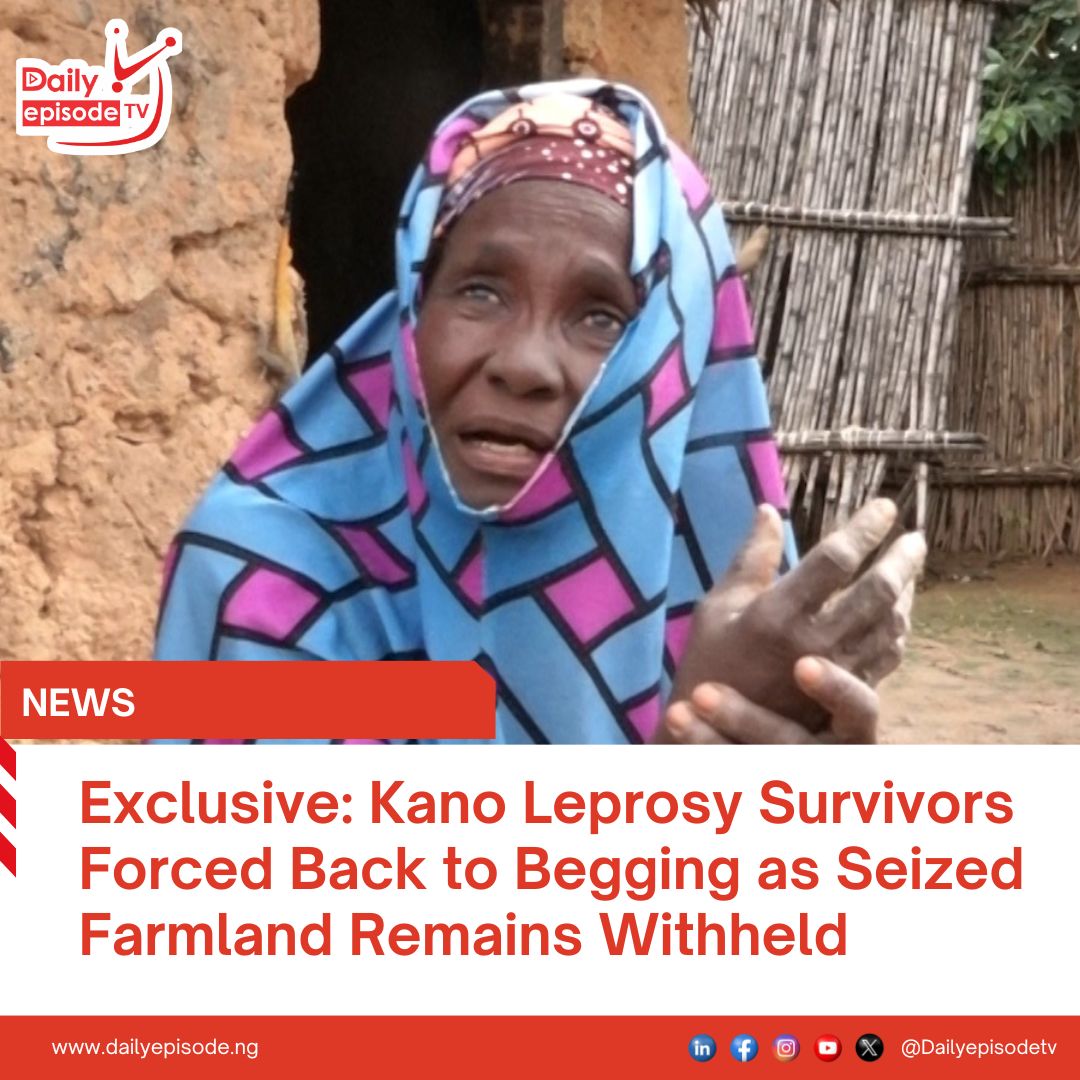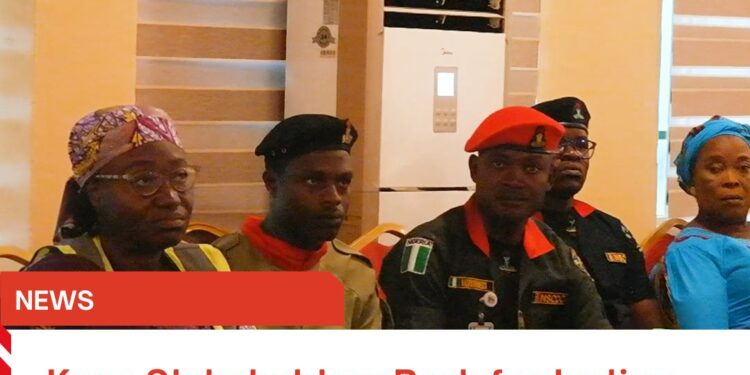To uphold citizens’ rights and caution authorities on law applications, especially regarding the administration of criminal justice law, which aims to centralise justice for national development, the Isa Wali Empowerment Initiative (IWEI), with the support of the Rule of Law and Anti-Corruption Program (ROLAC), has organised a stakeholder engagement in Kano where issues and solutions are deliberated.
During the gathering, stakeholders from both emirate councils, civil society organisations, security operatives, legal practitioners, and media, among others, proffer ways to enhance the means to inform citizens about the provisions of the administration of the Criminal Justice Law Act, 2019.
In an interview, Alh. Yusuf Ibrahim Cigari, the district head of Dawakin Tofa, Madakin Kano, reveals the strategic approach the emirate council will deploy to inform citizens of the provisions of the Administration of Criminal Justice Law Act (2019) in the state.
According to Cigari, “The most important thing for every policy is for the people to understand what the policy is all about. That’s why we choose sensitisation as a major means to convey our message because we believe that through us, people will be able to be sensitised and know what it entails, and at the same time, the information will be easily spread through our villages and ward heads.

“Therefore, as leaders, we urge IWEI and their partners, in collaboration with relevant authorities, to ensure that the laws will be simplified in languages the locals will understand what the law is all about.
“We believe, through such engagement and sensitisation, people will be more informed so they can make informed decisions while applying the laws in their engagement.” He stated
However, Amina Hanga, the IWEI executive director, also emphasises the importance of the gathering and how the submission from the engagement will impact citizens directly in Kano State.
“In her submission, Hanga noted that the stakeholders’ engagement is just the beginning of the project implementation. We brought various stakeholders, ranging from the religious groups, the emirate council, lawyers, the ministry of justice, civil society organisations, the security operatives and even the media.
During interaction and deliberation at the engagement, both groups make submissions and suggestions, which we’ve documented, and we will deploy them to see how we can enhance the project.

Although we understand that some of the suggestions are beyond our capacity, as it’s a responsibility of the government, we will obviously pose them and highlight their importance to the relevant authorities so they can also be properly implemented.
We are working to ensure the sustainability of the project, so that it will continue even after we wrap off the project. That’s why we started by involving the stakeholders and asking them relevant questions as regards the ways we can see the project’s sustainability.
Therefore, we are excited about the outcomes of the engagement as they contribute awesomely by submitting good ideas that will support the project. She added.
LIKE & FOLLOW US ON FACEBOOK, X, INSTAGRAM, LINKEDIN & YOUTUB



































